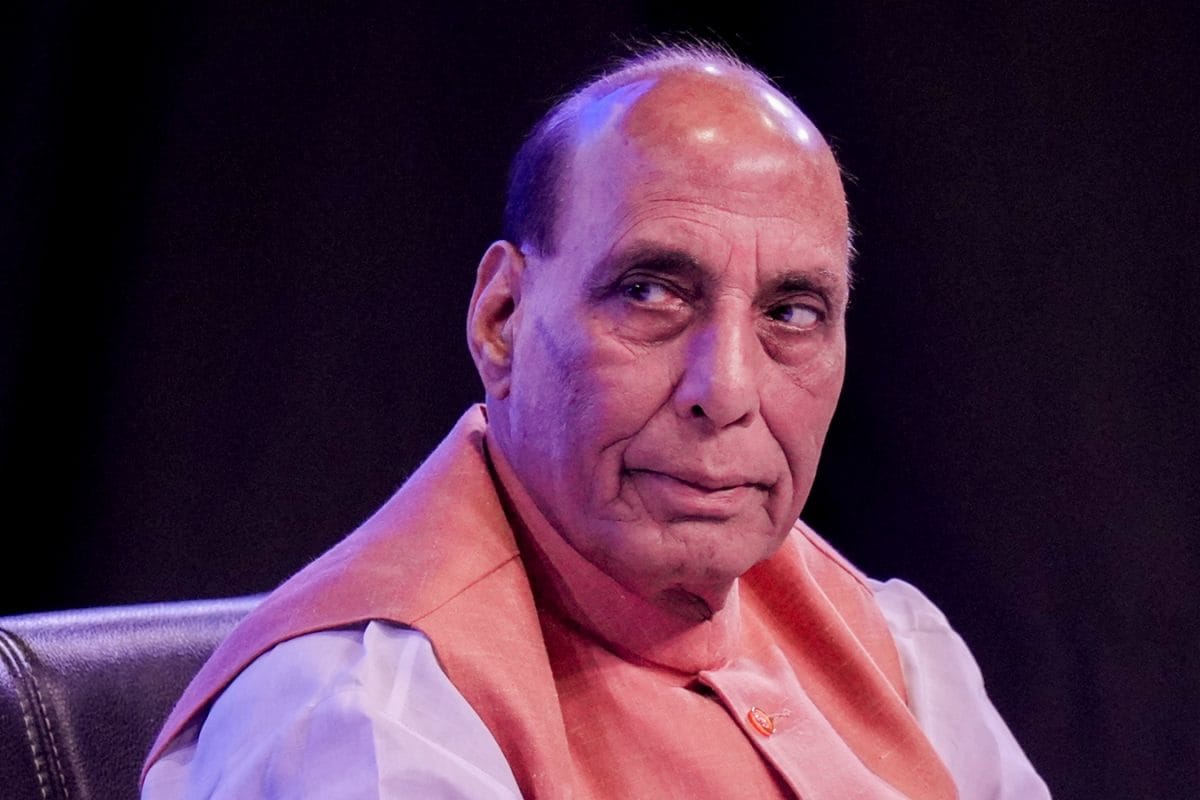

Recent developments at the United Nations Security Council (UNSC) have sparked significant concern in India, with Defence Minister Rajnath Singh voicing strong objections to Pakistan's growing role in key counter-terrorism panels. This unease stems from Pakistan's appointment to these committees, a move that India views with considerable skepticism, given Pakistan's long history of alleged involvement in sponsoring and harboring terrorist organizations.
India's apprehension is rooted in the potential for Pakistan to exploit its position on these panels to advance its own agenda, possibly at India's expense. Specifically, there's a worry that Pakistan might attempt to portray India as a source of terrorism, particularly in regions like Balochistan. The counter-terrorism committee's ability to request reports on terrorist activities in Balochistan adds weight to these concerns. While Algeria chairs the committee, and France and Russia are vice-chairs alongside Pakistan, the potential for Pakistan to influence the narrative remains a key point of contention for India.
Rajnath Singh has been a vocal critic of Pakistan's alleged support for terrorism. He has emphasized that Pakistan has realized that sponsoring terrorism is not cost-effective and that it has to pay a heavy price for it. Singh has also pointed out that India has redesigned its strategy and response against terrorism and recalibrated its engagement with Pakistan, stating that future talks will focus solely on terrorism and Pakistan-occupied Kashmir (PoK). He has also asserted that people in PoK are part of the Indian family, who will one day return to India's mainstream voluntarily.
India has historically accused Pakistan of providing safe havens and support to terrorist groups operating across its borders. These groups have been implicated in numerous attacks within India, and India has consistently maintained that Pakistan's Inter-Services Intelligence (ISI) has played a role in supporting these activities. Pakistan has repeatedly denied these allegations, but India has presented evidence, including dossiers submitted to the UNSC, which purportedly detail Pakistan's involvement in fueling global terrorism. India has been urging a rethink of the financial support offered to Pakistan by the IMF and the World Bank, and its possible utilization by Rawalpindi to fund activities against India. India has also decided to revamp its push for Pakistan's re-inclusion in the FATF's grey list after it was removed in 2022.
Pakistan's appointment to the UNSC panels occurred on May 29, 2025, and became public knowledge in the days following. This development coincided with visits by Indian teams to various countries, including the United States, to engage with members of Congress, think tanks, and the media. The appointment required the agreement of both permanent and non-permanent members of the UNSC, signaling that Pakistan was able to garner support, likely with the help of China and other members.
This situation presents a complex diplomatic challenge for India. While Pakistan's direct leeway within the UNSC may be limited, these positions give it increased opportunities to raise issues aligning with its interests and potentially divert attention from India's concerns. Pakistan is also expected to oppose India's bid for permanent membership in the UNSC. Despite these challenges, India has been actively engaging with the international community to highlight Pakistan's alleged role in fostering terrorism. This includes sharing evidence of Pakistan's complicity with terrorism at UNSC meetings and urging international financial institutions to avoid aiding countries that harbor terrorists.